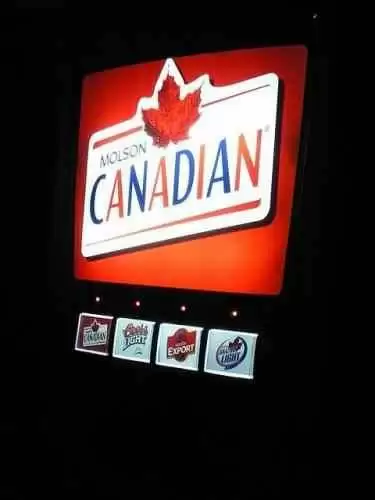
Celiac.com 04/06/2011 - The Canadian brewing industry caught a break when their products were exempted from new allergy labeling rules that would have required warning labels to declare beer to contain wheat or barley.
Health Minister Leona Aglukkaq introduced new packaging requirements which give brewers a temporary exemption from the regulations. Minister Aglukkaq has said that she will first consult with other countries which have introduced similar labeling rules.
Celiac.com Sponsor (A12):
The decision was at least a temporary victory for the industry, mainly for smaller beer-makers that claimed that the cost of replacing their painted bottles to conform with the new rules would run into the millions of dollars.
The industry has also taken the position that every beer drinker knows that beer contains wheat or barley.
“Our intent was never to hold up the entire regulations,” said André Fortin, a spokesman for the Brewers Association of Canada, said the industry group was "pleased with the decision to take into account the particular situation for beer.”
The beer labels are of particular interest to people suffering from celiac disease, who suffer an auto-immune reaction when exposed the gluten contained in such grains as barley, wheat and rye.
The last minute agreement to exempt beer from allergy labeling requirements disappointed some. Laurie Harada of Anaphylaxis Canada, which represents people with food allergies, said her group was “very disappointed by the last-minute decision of the government to pull the regulations for the beer.”
Ms. Harada called on the Canadian government to move quickly make a final decision about beer labels.
“They can’t give us any idea of the process or the dates right now, so I would still be asking the question: How are you going to deal with this?”
But Ms. Harada said she is extremely pleased with the bulk of the new regulations. “It will certainly help to protect a number of people,” she said.
The revised regulations require that manufacturers clearly identify food allergens, gluten sources and sulphites either in the list of ingredients or at the end of the list of ingredients.
In addition, an allergen or gluten source must be written in commonly used words such as milk or wheat.
Experts estimate that 5 to 6 per cent of young children and 3 to 4 per cent of adults suffer from food allergies, while nearly 1 per cent of the general population is affected by celiac disease.
In part because of the complexity of the rule changes, and the shelf life of foods, the new regulations will not be enforced until Aug. 4, 2012.



Recommended Comments
Create an account or sign in to comment
You need to be a member in order to leave a comment
Create an account
Sign up for a new account in our community. It's easy!
Register a new accountSign in
Already have an account? Sign in here.
Sign In Now